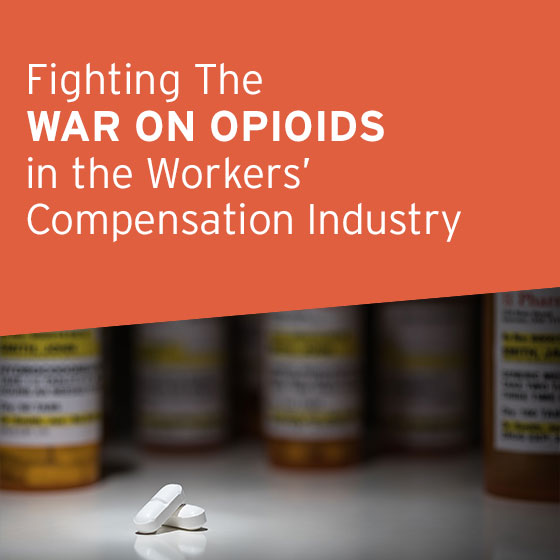Florida Controlled Substances Bill Takes Effect July 1, 2018
Florida has joined other states in enacting legislation designed to battle the nation’s Opioid Crisis. The majority of provisions in Florida’s Controlled Substances Bill, CS/CS/HB 21, will go into effect July 1, 2018. The law addresses opioid abuse by restricting prescribing limits, expanding requirements for the Florida Prescription Drug Monitoring Program (PDMP), increasing regulations for prescribers and dispensers, and more. Provisions related to pain management clinics’ certificates of exemption take effect January 1, 2019.
The law limits initial opioid prescriptions to a three-day supply for acute pain. A seven-day supply may be prescribed if the prescriber determines it is medically necessary and provides additional required documentation. These limits will not apply to certain medical conditions, including cancer, terminal conditions and traumatic injuries.
Prescribers who are authorized to prescribe controlled substances will be required to complete a two-hour training course prior to their biennial license renewal. Dispensers of all controlled substances, Schedule II – V, are required to report to the Florida PDMP as soon as a controlled substance is dispensed. The prescriber must consult the PDMP system prior to prescribing a controlled substance. The dispenser must consult the PDMP system prior to filling any new or refilled controlled substance prescription.
The Florida Department of Health has established a special website to address “Frequently Asked Questions” and other components of this new law. This website may be accessed at http://www.flhealthsource.gov/FloridaTakeControl/.
The Carlisle Medical compliance team has implemented the necessary steps to comply with the new Florida law when it goes into effect July 1, 2018.

